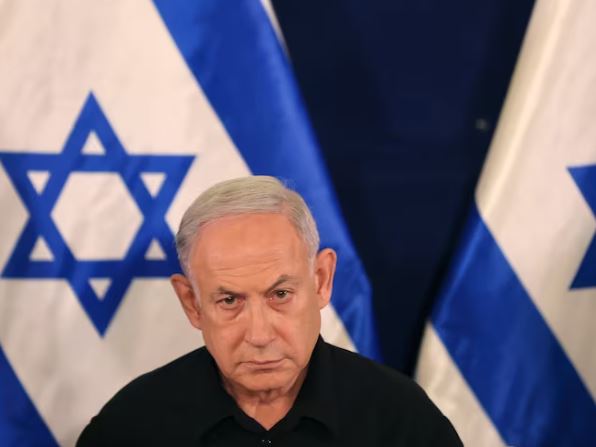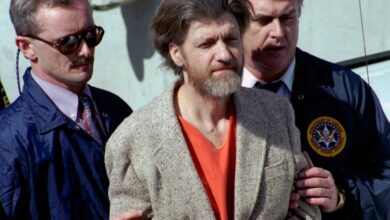Netanyahu Ordered Israeli Army to Turn Off Meeting Recordings After October 7 Attacks

In an exclusive revelation, it has emerged that Israeli Prime Minister Benjamin Netanyahu instructed the Israeli Defense Forces (IDF) to cease recording high-level meetings following the devastating attacks on October 7. This directive, given in the immediate aftermath of one of the most significant security breaches in Israel’s history, has raised eyebrows and sparked controversy within political and military circles.
The October 7 attacks, carried out by Hamas militants, resulted in significant casualties and widespread destruction, marking a critical moment for Israel’s national security. In response, Netanyahu convened a series of emergency meetings with top military and intelligence officials to address the crisis and formulate a response.
According to sources familiar with the situation, it was during these initial emergency sessions that Netanyahu ordered the discontinuation of official recordings. The prime minister’s rationale for this decision remains unclear, but speculation abounds regarding his motives. Some analysts suggest that Netanyahu may have sought to limit the dissemination of sensitive discussions or to ensure that candid conversations among officials were not inhibited by the presence of recording devices.
This unprecedented move has elicited a range of reactions. Critics argue that the absence of recordings undermines transparency and accountability, particularly during a time of national crisis. They contend that documented records of such critical meetings are essential for historical accuracy, future strategic assessments, and potential investigations into the handling of the attacks.
Supporters of Netanyahu’s decision, however, argue that the directive was a necessary measure to safeguard national security. They assert that in moments of extreme urgency, the ability for leaders to speak freely and strategize without concern for potential leaks or misinterpretations is paramount.
The controversy over this decision adds to the broader political tensions surrounding Netanyahu’s leadership. His administration has faced scrutiny over its handling of the October 7 attacks, with some accusing the government of being unprepared and slow to respond. The directive to halt recordings has now become another focal point for critics who question the transparency and decision-making processes of Netanyahu’s government.
As Israel continues to navigate the aftermath of the attacks, the implications of Netanyahu’s order will likely be examined in greater detail. The decision to turn off recordings not only impacts current military and strategic operations but also sets a significant precedent for how future crises might be managed in terms of documentation and accountability.





